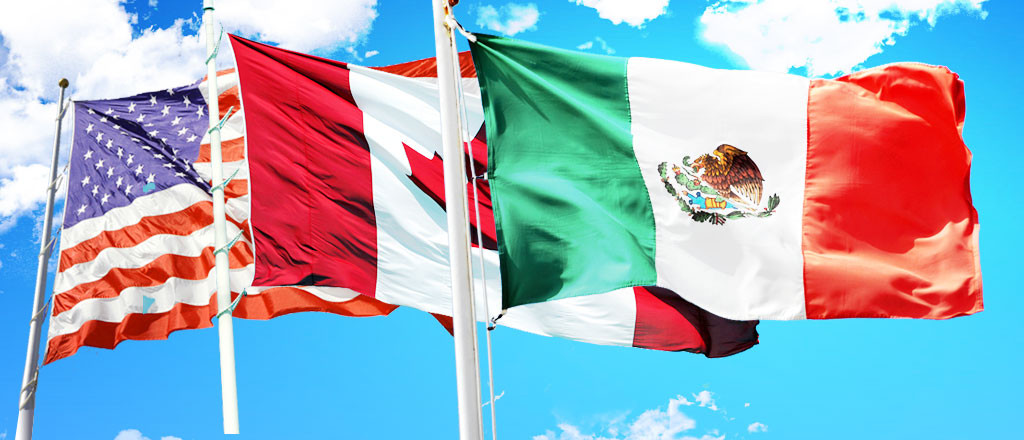What are Financial Markets? (In a Nutshell)
Many people hear the term "financial market" and don't really understand what it is.
Financial Markets are forums where people with lots of money interact with people that need money. They help to efficiently direct the flow of savings and investment in the economy in ways that facilitate the production of goods and services. For example, when you need money to buy a car, you typically go to a bank and get a loan. Similarly, when individuals or firms need money, also referred to as capital, they go to financial markets to get the money they need for different purposes.

Financial Markets are also described as any marketplace where individuals or firms go to trade different securities, which are financial instruments that are tradable and negotiable that represent a claim on future revenue or assets (resource of economic value) of a business. They are an asset to those who buy them, and debt to those that emit them.
Typically, companies emit securities to receive funding for different company goals. People normally buy them to receive interest, which is payment for borrowing money, for the money they lent at a fixed rate, also called the interest rate. Of course, they also get the original amount of money they lent, which is called the principal. People may also buy them to become part-owners of the company and enjoy any capital gain (stock price goes up) the stock might have. Lenders also face the risk of defaults, where the individuals or firms they lent money to failed to fulfill their obligation.
Securities are classified as debt, equity, or derivatives.
- Debt securities- also called fixed income securities. They represent debt obligations. Companies, government, and other organizations can raise funds by issuing debt instruments to investors. The entity that issues the debt security then agrees to make periodic interest payments to the investor and then repay the principal amount at the end of the contract. Examples of debt securities include bonds, commercial paper, mortgage backed securities (MBS), certificates of deposit (CD’s) and others.
- Equity Securities- instrument that signifies an ownership position in a corporation and represents a claim on its proportional share in the corporation's assets and profits. In other words, equity enjoys the right to profits and capital gain. The holder of an equity is a shareholder, owning a share, or fractional part of the issuer. A holder of a majority of the equity is usually entitled to control the issuer. Most stock also provides voting rights, which give shareholders a proportional vote in certain corporate decisions. The most common form of equity interest is common stock, although preferred equity is also a form of equity securities.
- Derivatives- contracts that derive its value from an underlying asset or group of assets. Another definition would be that they are contracts between two parties that specify conditions under which payments are to be made between the parties. Examples of these include forwards, futures, options, swaps, and many others.

Well-developed financial markets play an important role in contributing to the efficiency of an economy. There is a strong positive relationship between financial market development and economic growth. The existence of developed financial markets facilitates the international flow of funds between countries, which prove invaluable to trade! Without developed financial markets, NAFTA (North American Free Trade Agreement) could not have existed.

In addition, efficient financial markets tend to lower search and transactions costs in the economy. By providing numerous financial products, with varying risk and pricing as well as maturity, a well-developed financial system offers products to participants that provide borrowers and lenders with a close match for their needs!
There are different financial markets for all the securities that exist. These include the stock market, the primary market, the secondary market, capital markets, bond markets, money markets, derivative markets, and many others. In future articles, I will explain the different types of markets.
Hi @gianpiero, glad to find you on Steemit.
Follow me at @growyourmoney and I will follow you back.
All right! :D
More Attention More Gain
Financial markets encompass platforms where individuals and entities trade financial securities, commodities, and other fungible items at low transaction costs. Efficient financial markets are crucial for economic stability and growth, influencing everything from interest rates to monetary metals customer service. These markets facilitate the exchange of assets like stocks, bonds, currencies, and derivatives, enabling investors to allocate capital efficiently. They serve as the backbone of global economies, providing liquidity and price discovery mechanisms. In addition to traditional stock exchanges, financial markets also include over-the-counter (OTC) markets and electronic trading platforms. Participants range from individual retail investors to large institutional players like banks and hedge funds.
Financial markets are platforms where individuals and entities trade financial assets such as stocks, bonds, currencies, and commodities. They facilitate the allocation of capital, price discovery, and risk management for investors and businesses. Financial markets include exchanges like the stock market, over-the-counter markets, and electronic trading platforms, enabling participants to buy, sell, and speculate on various instruments. https://www.chambers.com.au/forum/view_post.php?frm=1&pstid=55045